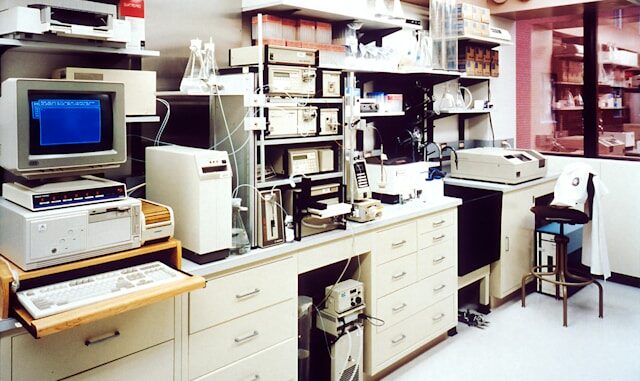
Long-term disability (LTD) insurance claims involve a complex interplay between claimants, insurance adjusters, and medical professionals. Understanding the roles of these key players is crucial for navigating the claims process successfully.
The Role of Insurance Adjusters
Insurance adjusters are the gatekeepers of LTD claims. They are responsible for investigating the claim, reviewing medical evidence, and making a determination based on the policy’s terms and conditions. Their primary goal is to ensure that claims are valid and that benefits are paid out only to those who are truly disabled.
Adjusters typically begin by reviewing the claimant’s application and supporting medical documentation. They may also contact the claimant’s employer to verify employment details and the nature of their disability. In some cases, adjusters may request additional medical records, conduct independent medical examinations, or consult with vocational experts to assess the claimant’s ability to work.
It is important to note that adjusters work for the insurance company, and their interests may not always align with those of the claimant. Therefore, claimants should be prepared to advocate for themselves throughout the process and ensure that their medical evidence is thorough and convincing.
The Role of Medical Professionals
Medical professionals play a critical role in the LTD claims process. Their opinions and assessments are often the deciding factor in whether a claim is approved or denied. Claimants are typically required to provide medical documentation from their treating physicians, which may include:
- Medical records detailing the diagnosis, treatment plan, and prognosis
- Test results and imaging studies
- Specialist reports
- Functional capacity evaluations
In some cases, insurers may request that claimants undergo independent medical examinations (IMEs) with a physician of their choosing. The purpose of an IME is to obtain an objective assessment of the claimant’s medical condition and functional limitations. However, IMEs can be biased towards the insurer’s interests, so claimants should be prepared to discuss any discrepancies between their treating physician’s opinions and those of the IME physician.
Working Together for a Fair Outcome
The interaction between insurance adjusters and medical professionals is crucial for ensuring that LTD claims are handled fairly and efficiently. Open communication and collaboration between these parties can help facilitate a thorough review of the claimant’s medical evidence and a timely decision on the claim.
Claimants should proactively communicate with their treating physicians and ensure that they are aware of the policy’s definition of disability and the specific requirements for medical documentation. By working together, claimants, insurance adjusters, and medical professionals can navigate the complexities of the LTD claims process and achieve a just outcome.
Additional Considerations
It is important to note that the LTD claims process can be lengthy and challenging. Claimants may face denials or delays, and they may need to appeal adverse decisions. Seeking legal representation from an experienced disability lawyer can be invaluable in navigating the complexities of the process and advocating for the claimant’s rights.
In conclusion, understanding the roles of insurance adjusters and medical professionals is essential for navigating the LTD claims process successfully. By working together and communicating effectively, claimants can increase their chances of obtaining the benefits they deserve.
